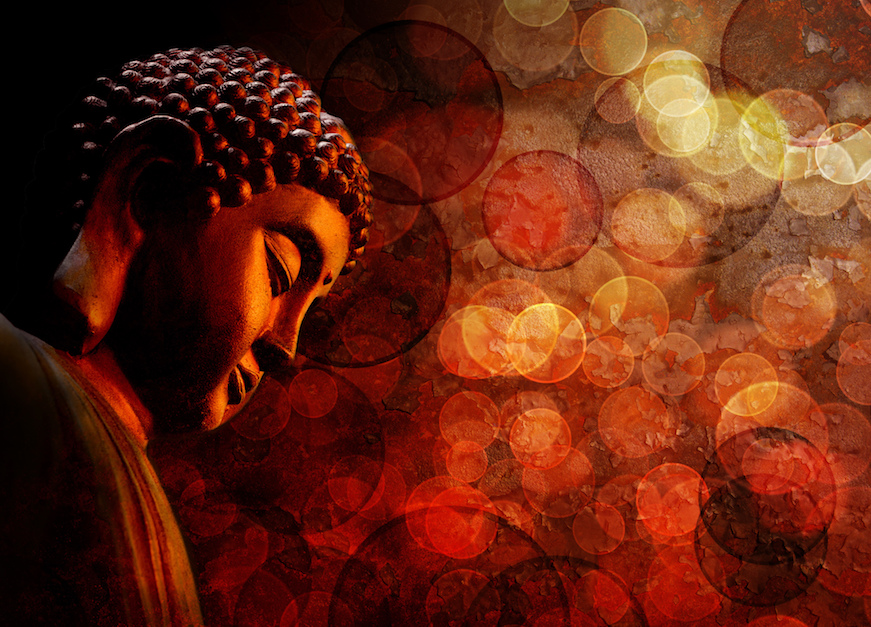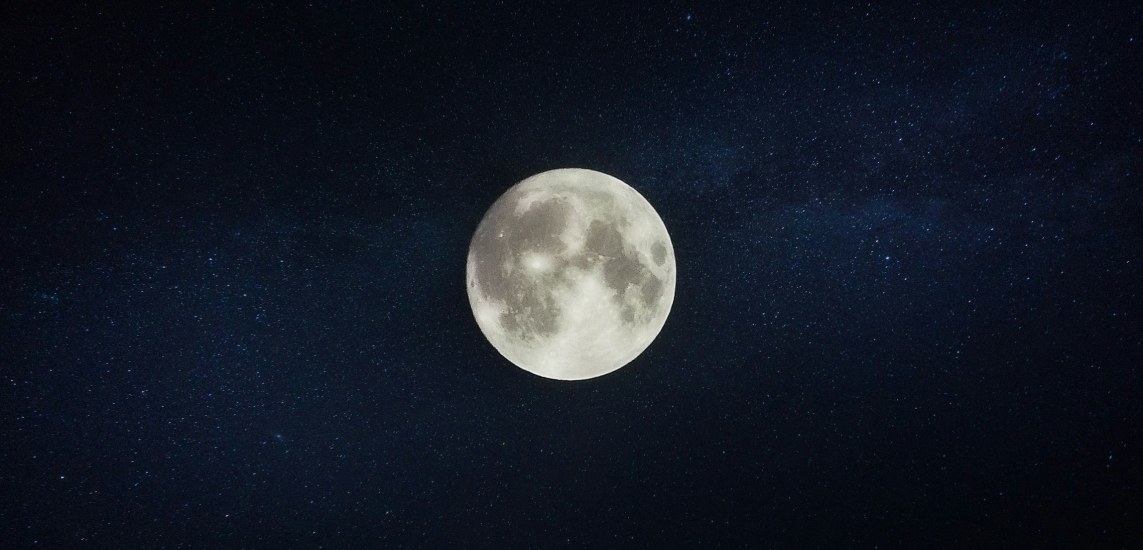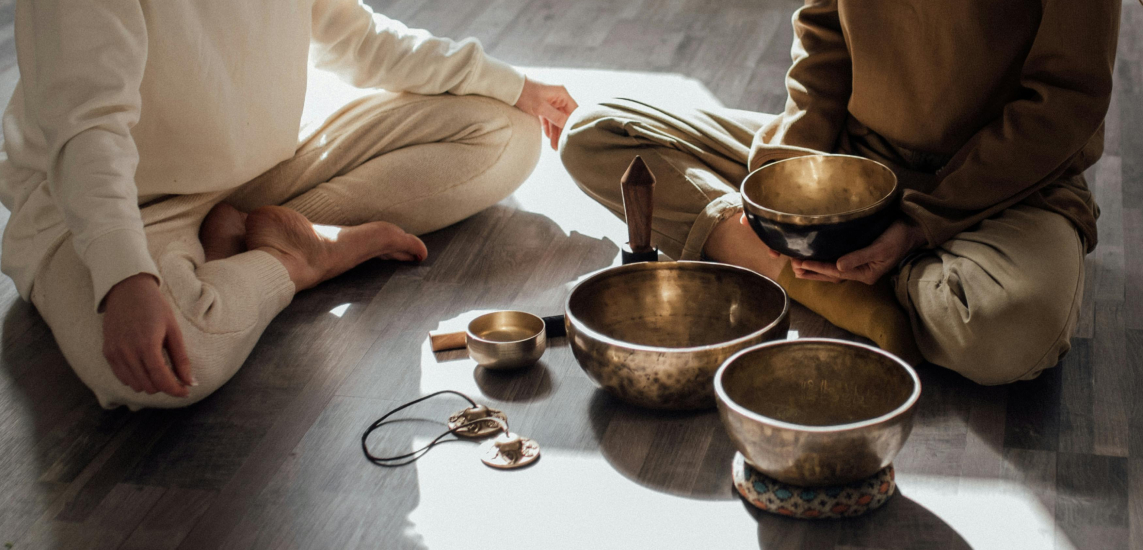Can our instinct of instant gratification negatively effect our meditation practice?
Instant Gratification & The Desire For Things Now
It’s an inconvenient truth that almost everything that we crave, at any given moment, is available to us — with a click of a button or a swipe of a finger.
From Wholefoods groceries to a new lover — our every whim and wish is but a moment away. That technology has created the conditions for us to have this ease and accessibility in such a profound way is a marvel of the modern age. But is our desire to be satisfied quickly, at any given moment, harming us in the long run? And in particular, is it harming our meditation practice?
Generally speaking, instant gratification is not just our desire for things, it’s our desire for things now.
Evolution has dictated our instincts as humans is to seize the reward at hand, be it food, sex or basic survival. And for many of us resisting this instinct is hard, even today.
When in prehistoric times the availability of food was not a given we as a species had the strong tendency to grab the immediate reward and skip the delayed reward, even if it was greater and more satisfying.
These days our desire to look a certain way or feel a certain pleasant feeling means we’ll be drawn, often unconsciously, to what will yield the quickest results at the expense of what may be more meaningful and wholesome.
If you couple this with the findings of a 2015 article by Time magazine that demonstrates we lose focus and concentration after 8 seconds, it’s easy to see that our increasing lack of focus and our desire for immediate results can affect our meditation practice.
Microsoft found that since the year 2000 (or about when the mobile revolution began) the average attention span dropped from 12 seconds to 8 seconds.
Hurrying, Slowly
Hurry slowly is not only a popular online podcast by Jocelyn K. Glei, about how pacing yourself is the key to being more productive, creative, and resilient, it’s also a movement that began centuries ago with the Romans, particularly Augustus and Titius.
The Latin translation of Festina lente — making haste slowly — was the belief activities should be performed with a proper balance of urgency and diligence.
If tasks are overly rushed, mistakes are made and good long-term results are not achieved. This is where many new meditators begin to fall off the proverbial wagon.
Having gotten accustomed to getting what one wants now, we believe meditation should be no different. We cultivate a strong craving for the end of our stress and anxiety and some form of immediate response alerting us that that meditation is ‘working’. Sadly, this is not always the case. And it’s a good thing, too.
The Cessation Of Craving
Now this, bhikkhus, is the noble truth of the cessation of dukkha: the remainderless fading and cessation, renunciation, relinquishment, release, and letting go of that very craving.
— Samyutta Nikaya 56:11
One of the primary teachings in Buddhism is that the cause of much of human suffering is often our craving.
You may believe this or not, but it’s hard to argue how often this shows up in our meditation practice. I’m constantly craving pleasant feelings and deeper insights in my sittings and almost always wanting to feel good once I finish. But over the years, the awareness of how much I crave has been one of the ways my practice has liberated me.
Pause here and breathe. Listen to these handpicked meditations led by Manoj Dias:
- Mindful Listening Meditation Manoj Dias 5:16
- Loving Kindness On the Go Manoj Dias 6:53
- Open Awareness Meditation Manoj Dias 16:16
Manoj also reflects on the transformational power of giving thanks and practicing gratitude.
The benefits of meditation come to us when we stop thinking so much about the results and simply let go and get in touch with the present moment experience.
The softening and letting go that comes with bringing a compassionate presence while we sit also carries into other areas of our life. And, over time, we make peace with the fact that our mind loves craving and will likely continue craving. After all, It’s evolved to want and want quickly.
Meditation helps us see the root of how we suffer through our cravings. When we can be mindful of how our cravings show up, on and off the cushion we can begin to make wiser choices as we see the impermanent nature of everything that we desire.
The truth is, the meditative path is a life long journey. For some, the desire to relax more and be more focused can come quickly once you begin this journey. Then there are those looking to deepen their practice and to cultivate the wisdom to answer life’s questions.
Wherever you are on your journey, perhaps the more appropriate advice came from Anne Lamott;
“The road to enlightenment is long and difficult, and you should try not to forget snacks and magazines.”
― Anne Lamott
Read more: You wonder how to meditate properly to let the many benefits of meditation flourish throughout your life? These three elements might be the answer.
Manoj Dias’s 10-day Insight Timer course “Creating Conscious Relationships” explores the application of mindfulness within a relationship and the Buddhist psychology and wisdom to understand what it means to truly love not only the people around us, but ourselves as well.



-1.jpg)



